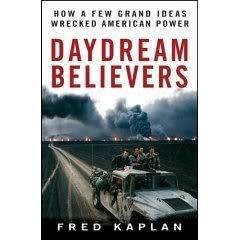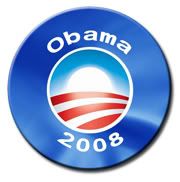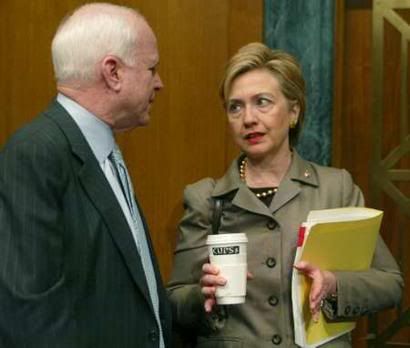 As most of you know by now, William F. Buckley Jr., the intellectual who inspired the conservative movement with his provacitive commentary died today at the age of 82. Growing up I thoroughly enjoyed watching Buckley on Firing Lane and the debates his program sponsored. Even as I disagreed with Buckley's point of view, I appreciated his wit and rhetorical skill.
As most of you know by now, William F. Buckley Jr., the intellectual who inspired the conservative movement with his provacitive commentary died today at the age of 82. Growing up I thoroughly enjoyed watching Buckley on Firing Lane and the debates his program sponsored. Even as I disagreed with Buckley's point of view, I appreciated his wit and rhetorical skill.I also had the unique experience of having Buckley call a question I asked him "cuckoo" in the autumn of 1987. It was my freshman year at Sarah Lawrence College and Buckley was a guest speaker. Our college president, the late Alice Illchman introduced Buckley by informing everyone that he addressed a letter to her, "Dear Intelligent American." Standing at the podium inside Sarah Lawrence's Peforming Arts Center, Illchman beamed and asked, "Mr. Buckley, how did you know?" Buckley laughed in appreciation at Illchman's humor. It helped break the tension as Sarah Lawrence College is a bastion of liberal thinking and Buckley represented an ideology most of us passionately opposed.
At the time, the reform minded Michael Gorbachev was pushing Perestroika and Glasnost in the Soviet Union. It's easy to forget now but the Cold War was still very much apart of our lives and mindset. The Berlin Wall still stood, the Iron Curtain remained and bloody regional conflicts continued to rage in Nicaragua and Afghanistan. Liberals like me were hopeful that Gorbachev presented an opportunity to end the nuclear arms race.
We had an unexpected ally in President Ronald Reagan who faced strong opposition within his own party from people such as North Carolina Senator Jesse Helms. Only a year later Helms and other conservatives would compare Reagan's rapproachment with Gorbachev to Neville Chamberlain's diplomatic appeasement with Adolph Hitler in the 1930s.
Ever the die hard cold warrior, Buckley did not share his audience's enthusiasm for Gorbachev. I distinctly remember Buckley disparaging the world for "irrationally" embracing Gorbachev and forgetting that the Soviet Union was an "evil empire." He told us that the West should remain focused on our differences with the Soviet Union and not "romanticize" what we had in common.
The floor was opened for questions. A bearded student challenged Buckley that the point of diplomacy should be to focus on "common ground" rather than exacerbate differences. I recall Buckley dismissed the student as "naive." It seemed Buckley was fatigued and perhaps a little off his game. I was dissappointed he didn't engage my fellow student more because I thought his point was valid.
Another student raised his hand and challenged Buckley about his description of the Soviet Union as an evil empire. "Couldn't one say the United States is an evil empire?" I don't remember how Buckley responded to that question. I was sitting on the floor towards the front and do remember a condescending facial expression. Buckley's body language clearly communicated he thought the question ridiculous.
I was angry at his dismissiveness and raised my hand. Although angry I was also thoroughly intimidated. Nevertheless, I gamely asked Buckley, "Isn't the point that the United States might also be an evil empire a valid one? Look at what we're doing in Nicaragua. We're torturing innocent civillians while the CIA is making money off of cocaine through the Contras. Isn't that evil?" My heart was pounding. I was also sitting next to a pretty older student I hoped to impress.
Buckley smiled and said, "That's just cuckoo. You obviously don't know what an evil empire is." He proceeded to cite dozens of the Soviet Union's worst transgressions. I didn't have the nerve or skill to follow up with him as Buckley resumed answering more questions.
From that day forward, anytime I read one of Buckley's articles or saw him on television, I would flash back to that moment. In recent years, Buckley lamented the failures of George W. Bush's presidency and expressed particular displeasure about the Iraq War. I respected and admired Buckley. How I would have loved to tell Buckley that Bush, Cheney and Rumsfeld's folly in Iraq was cuckoo.



